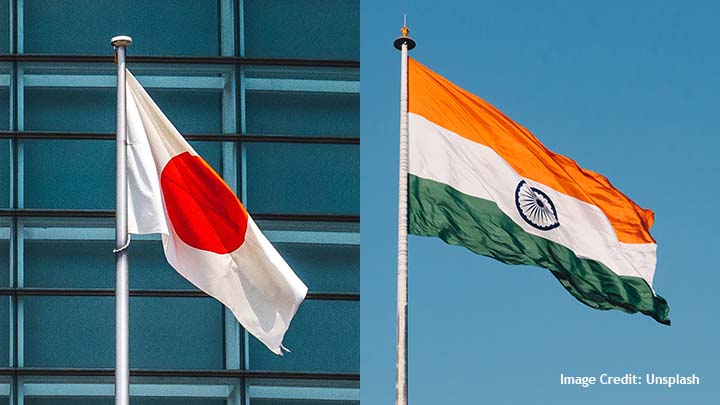Post-Abe India-Japan Ties: Does Kishida Have What it Takes?

Jagannath Panda
Introduction:
Two Japan-India summit meetings between prime ministers Kishida Fumio and Narendra Modi in 2022 underscore their accelerating Special Strategic and Global Partnership. This partnership is based on the shared values of freedom, humanism, democracy, tolerance, and non-violence, outlined in the Abe-Modi vision statement of 2018.
In Modi’s words, “The best is yet to come.”
Indeed, 2022 is proving pivotal for India and Japan in their search for geopolitical power and for the trajectory of their bilateral relations. That this is their 70th anniversary of diplomatic relations is incidental. Both are seen as increasingly relevant partners in uncertain times—the difference is that Japan is a natural, credible partner of the West, whereas India is walking a tightrope amid enticement from both China and the West. Modi’s and Kishida’s personal diplomacy in the wake of the Ukraine war is largely responsible for this growing attention. But will they be able to achieve the “Broader Asia” vision that the former (late) Prime Minister Abe Shinzo promoted, to build a united (and stronger) Indo-Pacific that is already geographically and spatially in motion? Can Kishida endure the political void (and maturity) in India-Japan ties left by Abe’s assassination?
Related Publications
-
ISDP Annual Report 2023
ISDP’s Annual Report for the year 2023. We look back on 2023, a year in which tensions and conflicts captured the strategic space in ISDP’s focus areas, making headlines around […]
-
South Korea’s Indo-Pacific Strategy, Atmanirbhar Bharat, and the IPEF: Convergence and Commonality
For some time now, the existing multilateral networks such as those of the United Nations (UN) system have been largely ineffective in providing good global governance and helping create resilience, […]
-
India-Sweden Strategic Compass
The year 2024 is proving to be quite memorable for India-Europe relations. First off, PM Modi’s multiple visits to the EU member-states of Austria and Poland, as well as Ukraine […]
-
Navigating the Indo-Pacific: How Australia and the EU Can Partner for Peace, Stability, and Prosperity
To navigate the choppy waters of the Indo-Pacific, the EU and Australia must be on the same wavelength regarding shared interests in rules, values, and an open and liberal economic […]
-
Report of the Webinar on China’s Himalayan Hustle – Part II: Will Eco-Dominance Be China’s New War Front?
This report is an outcome of the webinar titled “China’s Himalayan Hustle – Part II: Will Eco-Dominance Be China’s New War” held on June 18, 2024. Dr. Jagannath Panda moderated […]




